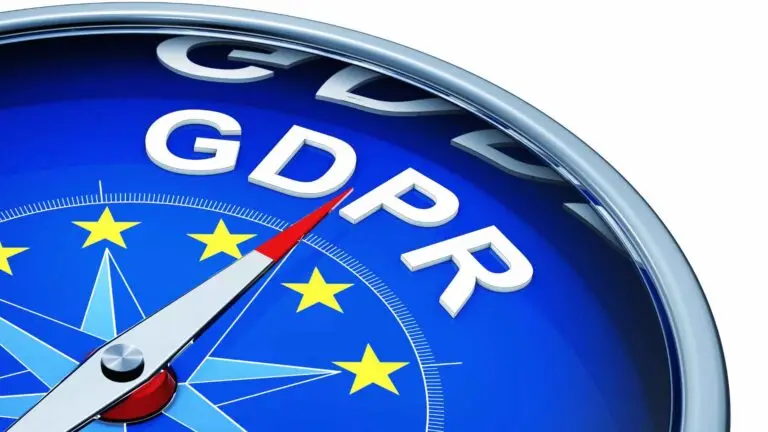In the evolving world of Search Engine Optimization (SEO), one of the critical challenges for web admins and content creators is determining when to enhance or remove online content. This process is vital for maintaining an effective and positive online presence. Here’s a streamlined guide to help you make informed decisions and implement practical strategies.
Understanding the Impact of Content on SEO
SEO is not just about driving traffic; it’s about attracting the right traffic. Quality, relevant, informative, and engaging content can significantly boost your search engine rankings and online visibility. Conversely, outdated, irrelevant, low-quality content can harm your SEO efforts.
Assessing Your Content
Begin by auditing your website’s content. Look for:
- Relevance: Does the content align with your business goals and audience interests?
- Quality: Does it provide value to the reader?
- Performance: How is it ranking on search engines? Is it driving traffic and engagement?
Enhancing Content
For underperforming or slightly outdated content, consider enhancement rather than removal. This can include:
Updating Information
Refresh outdated content with current statistics, trends, and relevant information. This improves SEO and re-establishes the content’s value to readers.
Improving Quality
Enhance the readability and engagement factor of your content. Break large text blocks into shorter paragraphs, add compelling images, and ensure it is mobile-friendly.
Integrating Keywords
Incorporate current, relevant keywords naturally into your content. This improves its discoverability and relevance to search queries.
Removing Content
In some cases, removing content is the best option. This applies to:
Irrelevant or Outdated Content
If the content is no longer relevant to your audience or business, it’s better to remove it.
Duplicate Content
Multiple pages with similar content can confuse search engines and split your traffic. Identifying and removing duplicates can consolidate your SEO efforts.
Low-Quality Content
Pages with thin or low-value content can negatively impact your site’s overall SEO performance.
Implementing Changes: Best Practices
When enhancing or removing content, consider the following:
Redirects
When deleting content, use 301 redirects to guide users and search engines to relevant pages. This helps maintain link equity and user experience.
Monitoring Results
After making changes, monitor your website’s analytics. Look for improvements in traffic, engagement, and search engine rankings.
Ongoing Content Review
Regularly review your content strategy. SEO is dynamic, and what works today may not be effective tomorrow.
Conclusion
Managing your online content is a continuous process in the world of SEO. You can significantly improve your website’s search engine performance and user engagement by effectively enhancing or removing content. Remember, the key is to stay informed, be adaptable, and always prioritize the value your content brings to your audience.







